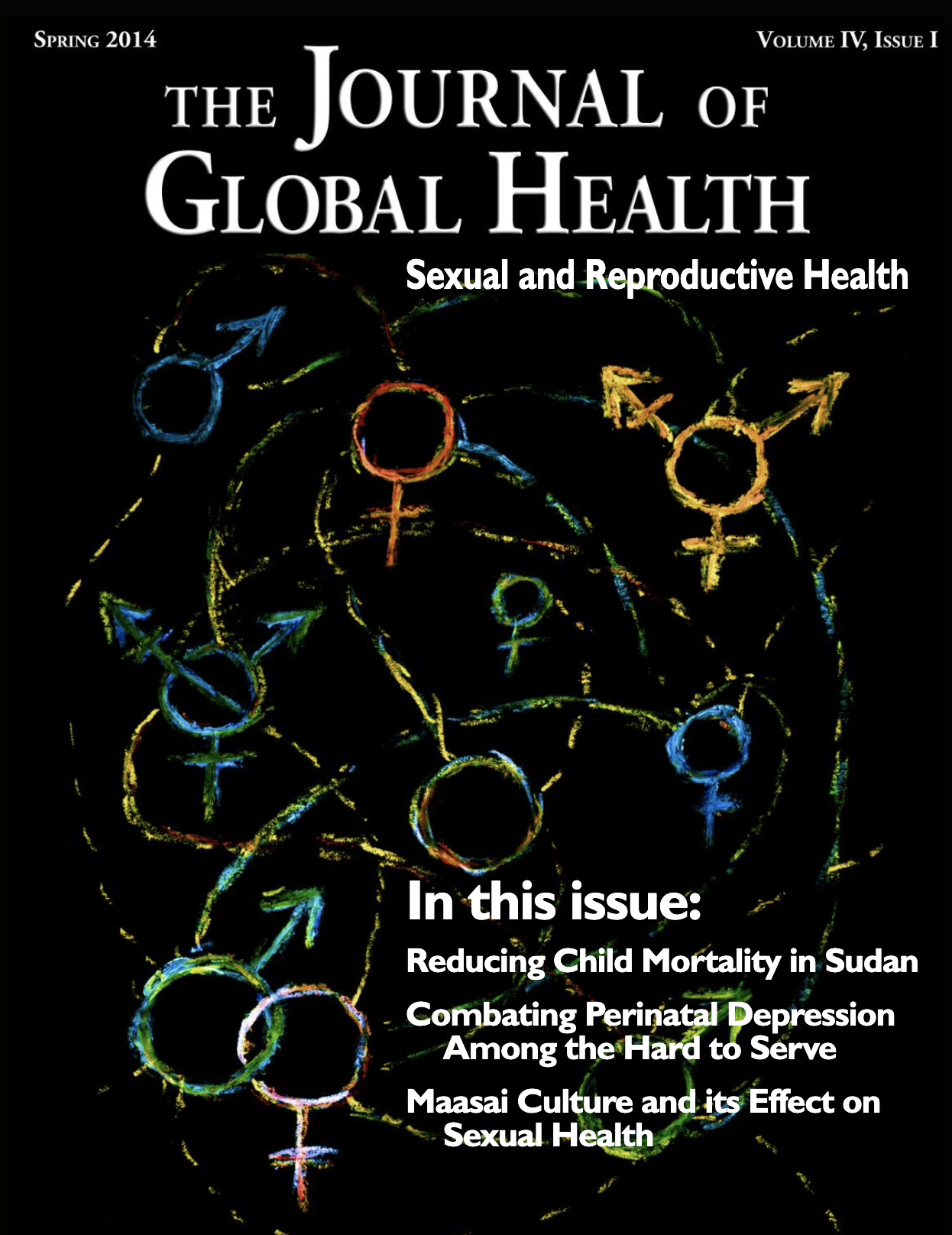Reducing Perinatal Depression Among the Hard to Serve
Main Article Content
Abstract
Perinatal depression is a prevalent condition that can adversely affect maternal health and functioning, family dynamics and infant development. However, in low and middle-income countries (LMICs) women suffering from perinatal depression rarely have their condition diagnosed and treated. This paper analyzes the problem of perinatal depression in LMICs, including risk factors and potential outcomes, then critically examines one intervention—The Thinking Healthy Programme (THP)—as a model from which to draw recommendations for future programs and studies. The THP is a cognitive behavior therapy-based intervention that was incorporated into the maternal and child health services provided by community health workers in rural Pakistan to reduce perinatal depression and improve infant health. Analysis shows that strengths of the THP include its use of a strong supervision model and application of a psychosocial approach to ensure cultural appropriateness and participant engagement. However, weaknesses in sample selection, limitations of evaluation methods, the extensiveness of formative research and concerns about sustainability and large-scale feasibility illustrate opportunities for improvement. Future interventions to address perinatal depression in low-resource settings should target the most vulnerable women, incorporate more rapid assessment procedures, utilize multiple methods for evaluating child health and development and ensure program sustainability through refined supervision processes and mechanisms for maintaining morale and motivation of CHWs.

